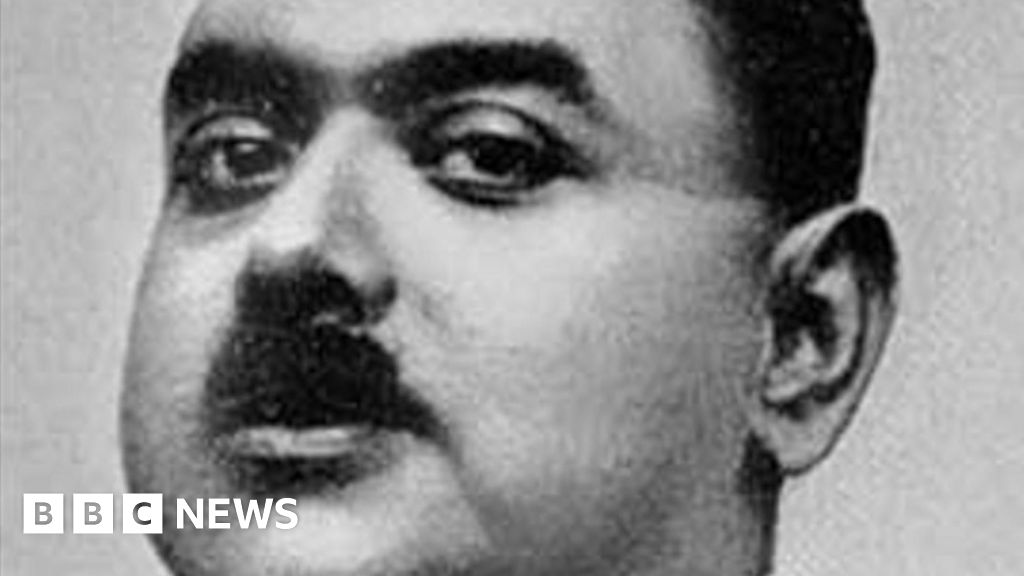An Indian archaeologist, whose career was marked by brilliance and controversy, made one of the world’s greatest historical discoveries. Yet he remains largely forgotten today.
In the early 1900s, Rakhaldas Banerjee (also spelled Banerji) unearthed Mohenjo-daro - meaning “mound of the dead men” in the Sindhi language - in present-day Pakistan. It was the largest city of the thriving Indus Valley (Harappan) Civilisation, which stretched from north-east Afghanistan to north-west India during the Bronze Age.
But while his discovery of Mohenjo-daro was ground-breaking, Banerjee’s legacy is clouded by disputes. His independent streak and defiance of colonial protocols often landed him in trouble - tainting his reputation and perhaps even erasing parts of his contribution from global memory.
I remember visiting Mohenjo-Daro in the mid 1990s and being impressed by the sheer scale of time between these remnants of civilization and myself. It’s sad that the site isn’t as developed as it deserves to be, since it is among the oldest proofs of civilisation still around.
He isn’t forgotten, at least in india
defiance of colonial protocols often landed him in trouble - tainting his reputation
Hm, shouldn’t that have the opposite effect (at least nowadays). But yeah the Brits - willingly or not - still control much of the narrative, globally.
Thanks for sharing.



